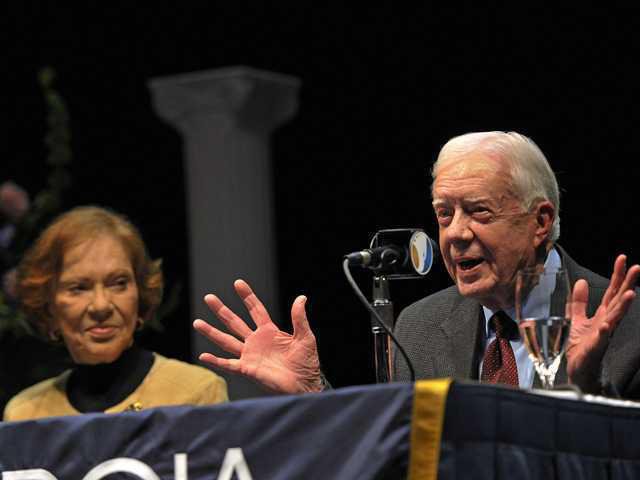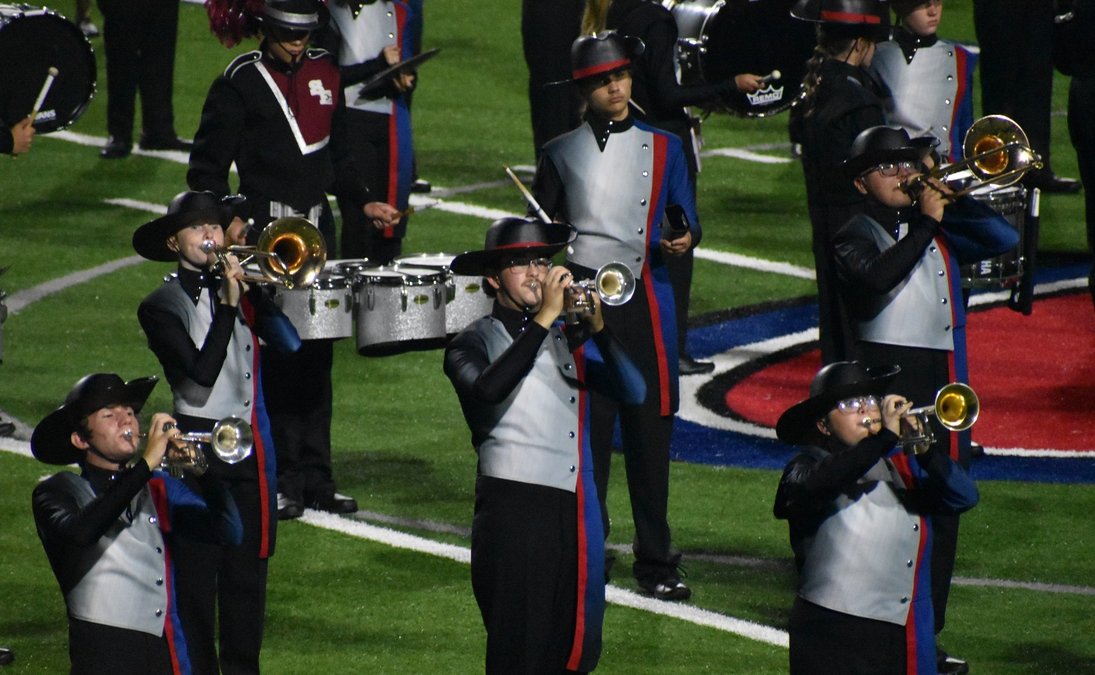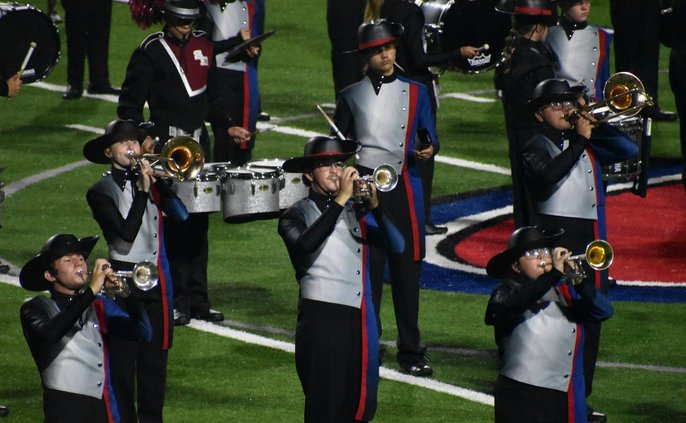STATESBORO — Former President Jimmy Carter and first lady Rosalynn Carter brought a real-life, personal history lesson to a cheering audience of Georgia Southern University students recently. The Carters spoke at Hanner Fieldhouse as part of the university’s leadership lecture series, geared toward providing students a chance to hear leaders from around the world. The former president began by sharing his early life, telling the audience that he was the first president who was born in a hospital, and how he grew up in the only white family in a predominantly black community outside Plains — the town made famous by Carter’s election.
Carters discuss life in and after White House








